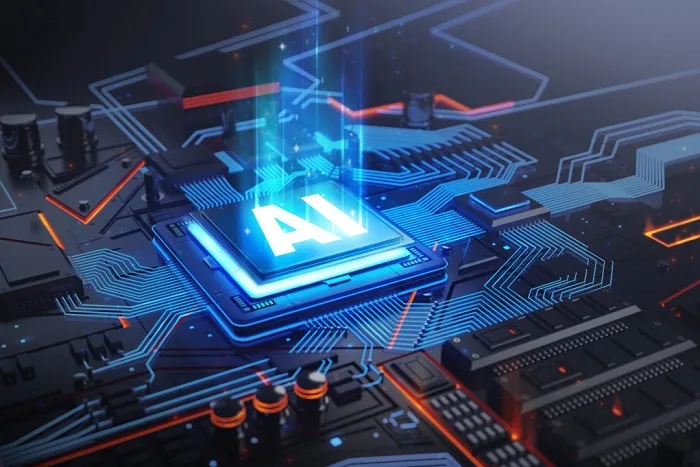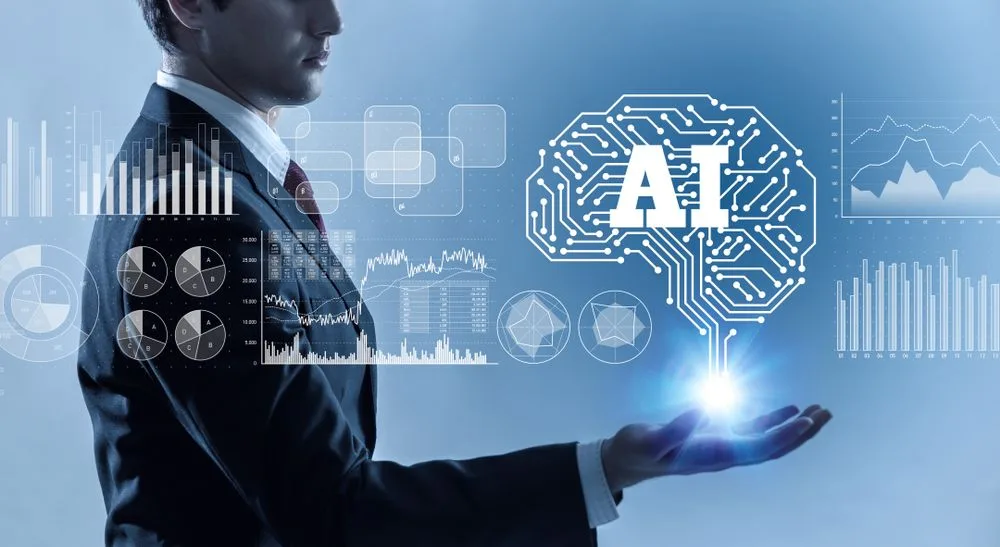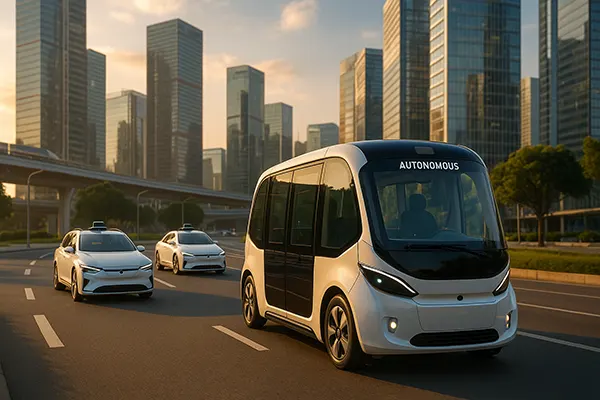
How AI is Going to Change the Internet
The rapid advancement of Artificial Intelligence (AI) is poised to transform the internet in profound ways. This technological evolution will influence various aspects of our online experience, from search engines to social media platforms, and beyond. Businesses, content creators, and consumers alike must adapt to these changes to stay relevant in the digital landscape.
AI is already making significant strides in enhancing search engine capabilities. Traditional search algorithms, based on keywords and backlinks, are being augmented with AI to deliver more accurate and relevant results. Machine learning models, like those used in Google’s RankBrain, interpret user queries more effectively by understanding context and intent. This leads to more precise search results, improving user satisfaction and efficiency.
Moreover, AI is revolutionizing online content creation. AI-powered tools can generate articles, design graphics, and even produce videos, significantly reducing the time and effort required for content production. These tools use natural language processing and machine learning to mimic human writing styles and creativity, allowing businesses to scale their content strategies effortlessly. However, this also raises questions about the authenticity and quality of AI-generated content, pushing for a balance between automation and human oversight.
The Impact of AI on Social Media
Social media platforms are leveraging AI to enhance user experience and streamline operations. AI algorithms curate personalized content feeds by analyzing user behavior, preferences, and interactions. This personalization keeps users engaged, increasing the time spent on these platforms. Furthermore, AI-driven analytics provide businesses with insights into customer sentiment, enabling more targeted and effective marketing campaigns.
AI also plays a crucial role in moderating content on social media. By identifying and filtering harmful or inappropriate content, AI helps maintain a safer online environment. However, the challenge lies in ensuring that these systems are fair and unbiased, as automated moderation can sometimes lead to wrongful censorship or overlooked harmful content.
How AI is Redefining Online Advertising
Online advertising is another area undergoing significant transformation due to AI. AI-powered ad platforms analyze vast amounts of data to deliver highly targeted ads. These platforms use predictive analytics to identify potential customers and optimize ad placements, maximizing return on investment for advertisers. Additionally, AI-driven dynamic pricing models adjust ad costs in real-time based on market demand and competition, ensuring cost-efficiency.
The use of AI in advertising also enhances the user experience by reducing irrelevant and intrusive ads. Personalized ad experiences, tailored to individual preferences, are more likely to resonate with users, leading to higher engagement and conversion rates. However, this level of personalization raises privacy concerns, necessitating robust data protection measures.
AI in E-commerce
E-commerce platforms are integrating AI to improve customer experience and operational efficiency. AI-powered recommendation systems suggest products based on user browsing history and purchase patterns, increasing the likelihood of sales. Chatbots and virtual assistants provide instant customer support, addressing queries and resolving issues promptly. These AI-driven solutions not only enhance user satisfaction but also free up human resources for more complex tasks.
AI is also streamlining inventory management in e-commerce. Predictive analytics forecast demand trends, helping businesses maintain optimal stock levels and reduce overstock or stockouts. Additionally, AI-driven supply chain optimization ensures timely delivery, further boosting customer satisfaction.

The Role of AI in Cybersecurity
As the internet continues to evolve, cybersecurity remains a critical concern. AI is enhancing cybersecurity measures by detecting and responding to threats in real-time. Machine learning algorithms analyze network traffic patterns to identify anomalies and potential breaches. This proactive approach allows for faster mitigation of cyber threats, protecting sensitive data and maintaining trust in online services.
Moreover, AI-powered authentication systems, such as biometric verification, provide robust security without compromising user convenience. These systems use facial recognition, fingerprint scanning, and other biometric data to ensure secure access to online accounts and services.
How Social Media Will Change in the Near Future
The influence of AI on social media is expected to grow, leading to more immersive and interactive experiences. Virtual and augmented reality, powered by AI, will transform how users interact with social media platforms. These technologies will enable virtual social gatherings, offering a new dimension to online connectivity.
AI will also continue to enhance content discovery on social media. Advanced algorithms will recommend not only posts and articles but also multimedia content, such as videos and live streams, tailored to user interests. This will keep users engaged and drive content creators to produce higher-quality material.
Furthermore, the integration of AI with blockchain technology could enhance transparency and trust on social media platforms. Blockchain’s decentralized nature, combined with AI’s analytical capabilities, can verify the authenticity of content and combat misinformation. This synergy will contribute to a more reliable and trustworthy social media environment.




